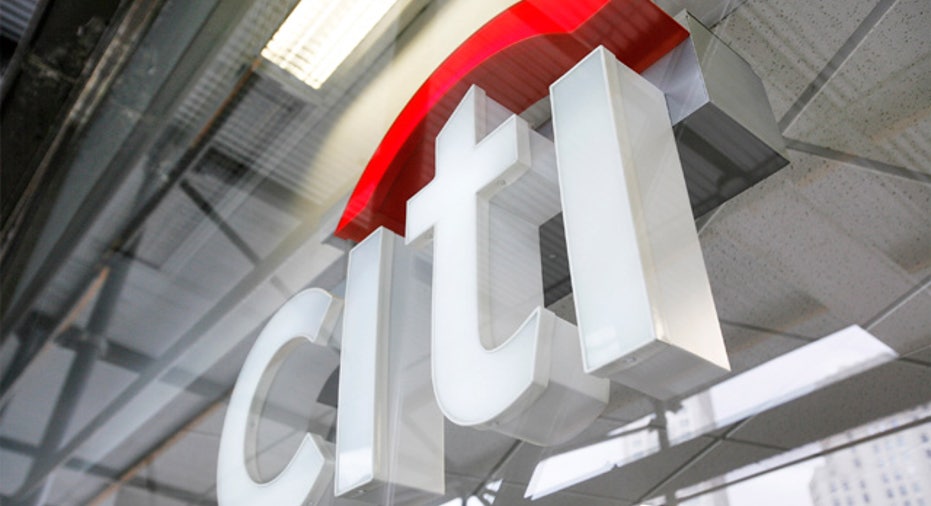Why Small Business Owners Should Boycott Big Banks

Small business owners have been saying for quite some time that big banks have been unwilling to lend to them. Despite a barrage of advertising by the country's largest institutions (banks with $10B+ in assets), they typically reject nine out of ten loan applications from small companies. At the same time, their press releases announce that they are hiring staff and increasing their small business lending. Don't believe the hype.
According to a study that my company conducted, Bank of America, JP Morgan Chase, Wells Fargo, and TD Bank were the banks that most frequently rejected funding requests from their own small business customers during the first half of 2012. It seems that existing banking relationships mean little these days.
Why is this the case?
Firstly, big banks are more diversified globally and are thus impacted by events such as the European banking crisis. Smaller institutions, credit unions and alternative lenders are less likely to be affected by international matters.
Secondly, after the fall of Lehman Brothers in 2008, free-flowing credit ceased to exist. In fact, the pendulum swung far in the opposite direction. Big banks became more rigid in their funding parameters and frequently look for more than two years of financial information before making financing decisions. This does not bode well for startups, which obviously do not have a business track record or credit scores.
Thirdly, many big banks say that their small business customers have become unprofitable for them. This is just the tip of the iceberg. Mortgage lending has dipped since its heyday in the mid-2000s. Further, while banks increased their footprint and branches mushroomed across the country, particularly in places like New York City, they have not been attracting new customers. Largely these branches are empty except for lunch time on pay day.
Big banks have simply become too big. They have too many employees, and still you can't expect much from them. My own bank's relationship manager was transferred from New York City to Stamford, CT. He doesn't come to visit anymore, and he rarely calls me. I suppose he is either overwhelmed (as banks try to do more with less employees) or perhaps my business isn't that important to the his company's bottom line. Either way, it's bad business policy.
Since 2008, as entrepreneurs became frustrated with the big banks, they sought other options. In much the same way that consumers took to the Internet and began shopping at sites like Amazon.com, would-be small business owners have leveraged the power of the Web to find the best deals in small business financing. Surprisingly, bigger is not better. Smaller institutions are more willing to lend money, often at more attractive rates than the big banks are willing to offer.
Small business owners have learned that they don't have to go for a "brand name" bank. In fact, it is no longer uncommon for them to secure financing from a previously unheard of local bank in another section of the country. Technology can help business borrowers overcome the constraints of geography.
Meanwhile, smaller banks approve nearly 50% of small business funding requests, while credit unions have increasingly gotten into the game and approve plenty more than half their loan requests. The little guys continued to make loans to small businesses while the larger institutions turned off the spigot. Thus, the big banks have themselves to blame for the rise of the credit unions and other smaller lenders.
Small banks and non-bank lenders – credit unions, micro lenders and others -- have taken advantage of the opportunities in small business lending. Here's why:
1. Credit unions and small banks are local in nature, are more in tune with the small business environment in their areas, and do manual underwriting (Whereas the bigger banks are more automated and less flexible with regards to credit scores.)
2. They understand issues related to low personal and business credit scores and are usually less rigid in their funding parameters. Smaller institutions generally are less insistent in having more than two years of financial statements.
3. The decision-making at smaller institutions is quicker, and they are often more willing to provide more money as a business grows.
4. As previously mentioned, credit unions and non-bank lenders sometimes offer better lending rates than the bigger banks.
I speak with hundreds of people looking to start new ventures on a monthly basis. They all have similar stories about big bank rigidity and find it hard to believe that the largest institutions in our capitalist society refuse to provide capital. In 21st century small business finance, an old adage remains true: good things come in small packages. If the big banks don't want your small business, take it elsewhere.
This opinion column was written by Rohit Arora, co-founder and CEO of Biz2Credit, an online resource that connects small business owners with 1,100+ lenders, credit rating agencies, and service providers such as CPAs and attorneys via its Internet platform. Since 2007, Biz2Credit has secured more than $600 million in funding for thousands of small businesses across the U.S.



















